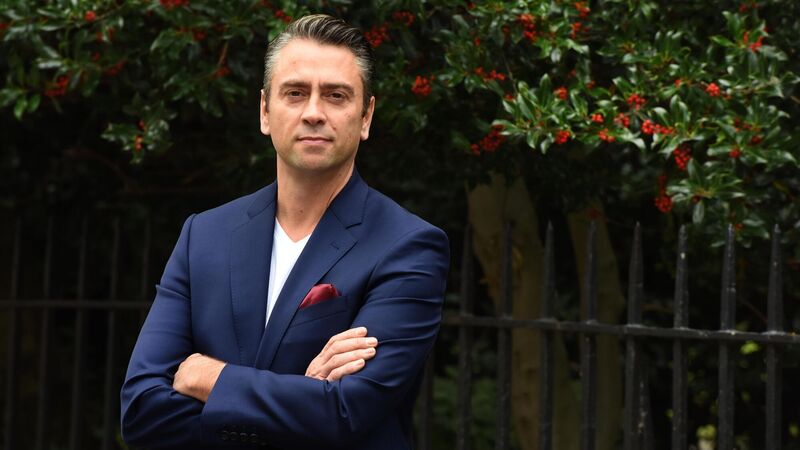Richard Hogan: This is the catchphrase I give anxious children to help manage their fear

Richard Hogan. Photograph Moya Nolan
The brain is one monster of a problem solving machine. Look around, everywhere problems solved. The toothbrush you used this morning, the shoe laces you tied, the mode of transport you used, the doors you opened to get in or out of a building. Everything you see before you, is the brain’s response to a problem.
By the time the WHO officially declared the pandemic on March 11, 2020, over 500 whole genome sequences had been shared spanning 39 countries and six continents. In short, the virus’s days as a serious threat to our existence were numbered before it even started. That’s how efficient our problem solving machine is!






